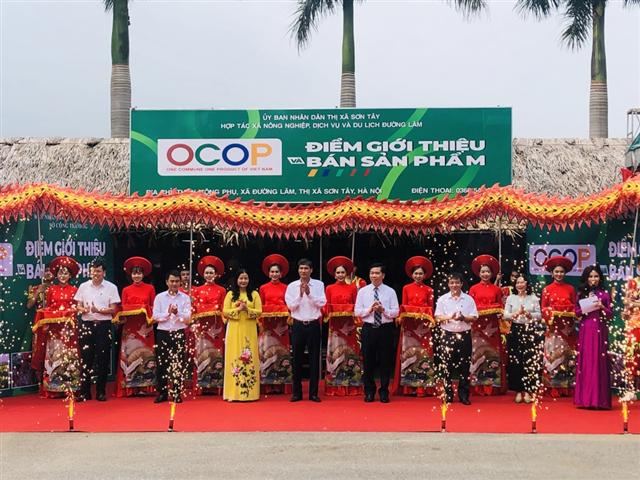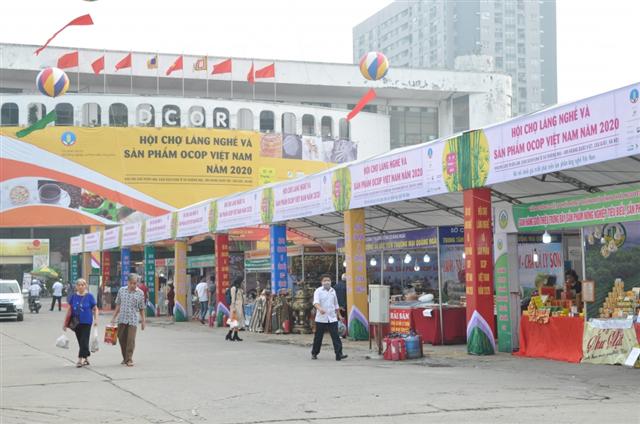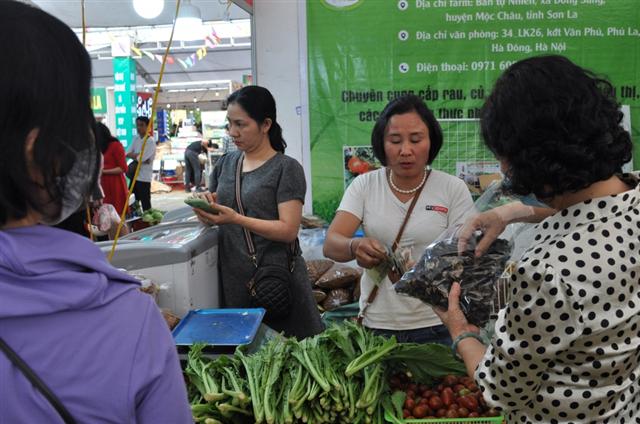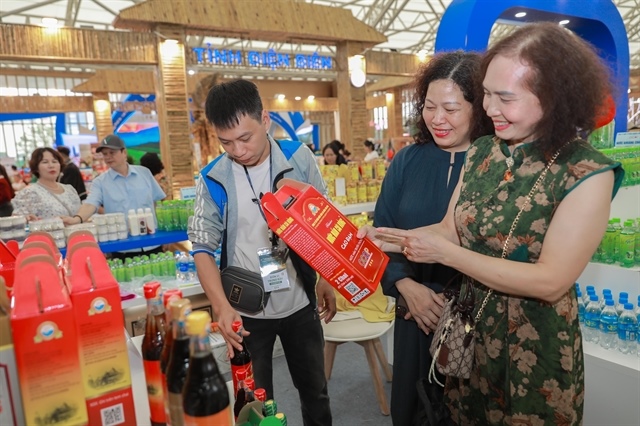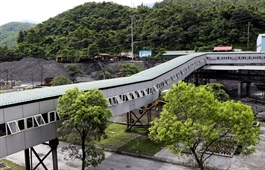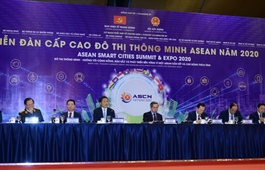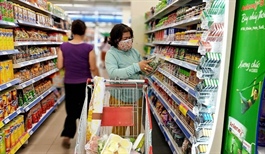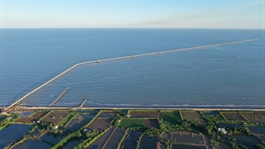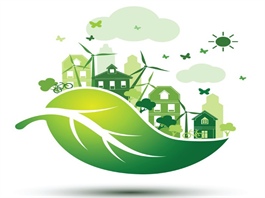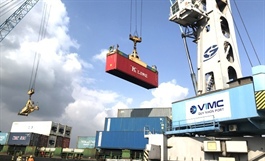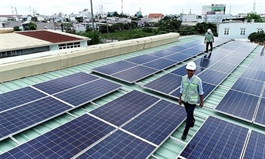Hanoi promotes agricultural production through points of sale
Hanoi promotes agricultural production through points of sale
The OCOP (One Commune One Product) Program has created a level playing field and healthy competition among producers, promoting the potential values of craft villages and regional specialties. The program has helped bring many good quality products to consumers, contributing to the national target program for building new-style rural areas.
OCOP showrooms and points of sale
Tran Thi Phuong Lan, Deputy Director of the Hanoi Department of Industry and Trade, said that in implementing the Prime Ministerial Decision on the OCOP Program, the Hanoi People’s Committee has established OCOP product showrooms and points of sale in order to help develop rural production and craft villages.
|
Hanoi plans to increase the number of such showrooms to make local goods more popular among domestic consumers and foreign visitors.
According to the city’s coordinating office for new-style rural area development, Hanoi will boost local districts and towns’ implementation of the OCOP Program and will seek the municipal people’s committee’s recognition of more than 700 OCOP products with at least a three-star rating by the end of this year.
|
In implementing Ministry of Industry and Trade Decision 920, the city’s Department of Industry and Trade has surveyed locations for showcasing and selling local OCOP products, such as shops at train stations, the Noi Bai International Airport, bus terminals, rest areas along expressways and national highways, shopping malls, supermarkets, markets, tourist attractions, restaurants, hotels, traditional craft villages, and exhibition venues.
Hanoi is expected to open 25 showrooms of OCOP products this year and raise the total to 60-70 in 2021.
Bringing OCOP products to consumers
In late September and early October, the Hanoi Department of Industry and Trade opened a number of OCOP showrooms and points of sales, including five sites opened on September 22 - the store of the Vun Art Cooperative and the Trieu Van Mao silk shop in Van Phuc Ward, the Xuan Cuong Handicraft store at the Ngo Thi Nham auction site, the safe vegetable store at the Ha Dong Market, and the OCOP showroom at the department’s industrial development center; a showroom and store, opened on October 2, in Son Tay Town’s Duong Lam Commune; and points of sale in Gia Lam District’s famous ceramic and pottery production center of Bat Trang Commune.
|
The department’s deputy director noted that the displayed goods include silk, vegetables, and handicrafts recognized as typical rural industrial products at the municipal and regional levels. These sites will provide consumer access to outstanding rural industrial products from Hanoi, enabling cooperatives, businesses, producers and farmers to continue improving their goods’ quality and design to meet increasing demand, Lan said.
The overall objective of the OCOP Program is to promote the rural economy and the country’s agricultural industrialization and modernization. To that end, the program strives to develop stable and sustainable forms of production, with priority given to developing cooperatives and small- and medium-sized enterprises producing traditional products, and to improving the competitiveness of services in the domestic and international markets.
|
Tran Thi Phuong Lan, Deputy Director of the Hanoi Department of Industry and Trade: Hanoi currently has more than 10 OCOP product showrooms and points of sales. The city is expected to open 60 to 70 sites through 2021. |


